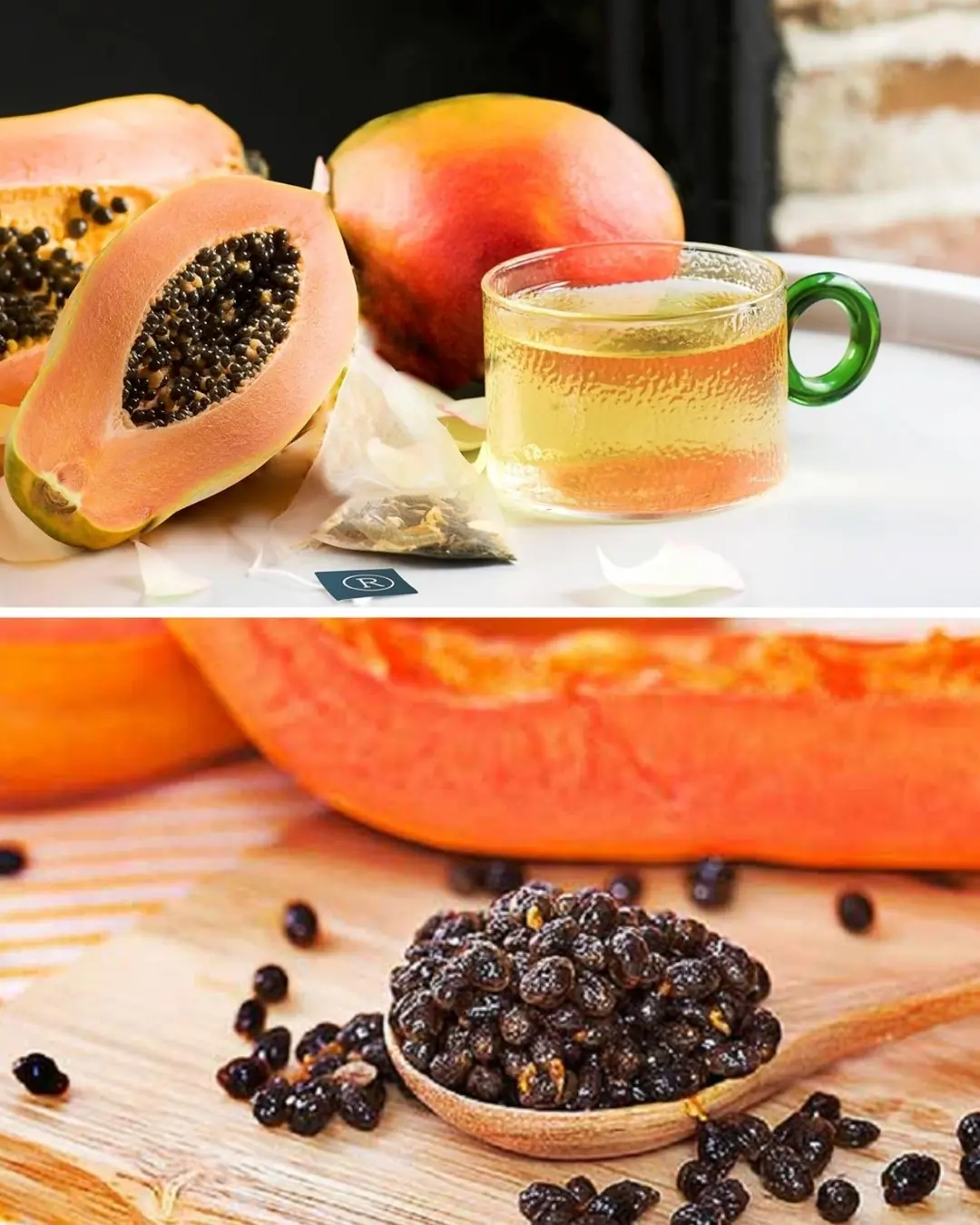
The Health Benefits of Euphorbia Thymifolia: A Powerful Yet Overlooked Herb 🌿✨
Often hiding in plain sight, Euphorbia thymifolia — also known as Small-Leaved Spurge or Asthma Weed — may look like a simple creeping plant that most people would overlook or pull out of their gardens. But don’t be fooled by its modest appearance. For centuries, this tiny herb has held an honored place in traditional medicine systems such as Ayurveda, Siddha, and folk healing practices around the world.
From soothing irritated skin to easing digestive troubles and calming the respiratory system, Euphorbia thymifolia is a quiet powerhouse of natural wellness. Let’s explore why this small plant has earned such big respect among herbal healers — and how you can safely make use of its benefits today.
🌱 What Is Euphorbia Thymifolia?
This delicate herb belongs to the Euphorbiaceae family — the same plant family as poinsettias and castor oil plants. Euphorbia thymifolia is a low-growing, mat-forming weed that thrives in warm, tropical, and subtropical regions. You can easily recognize it by:
-
Its tiny oval green leaves arranged opposite each other along thin reddish stems
-
Small pinkish or purplish flowers nestled between the leaves
-
A milky white sap that seeps out when the stems are broken
Although it’s often dismissed as an unwanted weed, this plant is rich in phytochemicals — including alkaloids, tannins, flavonoids, and triterpenes — which give it powerful antibacterial, antifungal, antioxidant, and anti-inflammatory effects.
In Ayurvedic medicine, it’s traditionally known as Laghu Dugdhika and used to treat conditions related to the respiratory tract, digestive system, and skin.
🌟 Top Health Benefits of Euphorbia Thymifolia
1. 🌿 Soothes Skin Conditions
With its strong antimicrobial and healing properties, Euphorbia thymifolia helps treat a range of skin problems including eczema, wounds, fungal infections, and rashes.
How to use:
-
Apply the plant’s milky latex (sap) directly to small wounds, cuts, or patches of infection.
-
For sensitive skin, mix the sap with a carrier oil such as coconut oil before applying.
💡 Tip: Always perform a small patch test first, as the sap can cause mild irritation in some individuals.
2. 🌬 Relieves Respiratory Problems
Known as Asthma Weed, this plant has long been used to relieve asthma, bronchitis, coughs, and breathing difficulties. The herb’s compounds act as expectorants, helping clear mucus from the airways and reduce inflammation.
How to use:
-
Boil a handful of fresh leaves in water to make a mild herbal tea.
-
Alternatively, inhale the steam for 5–10 minutes to open up congested airways and calm coughing fits.
Regular, moderate use may help strengthen respiratory health naturally.
3. 🍵 Promotes Digestive Health
Euphorbia thymifolia has been used for centuries to treat diarrhea, dysentery, intestinal worms, and other digestive disorders. It helps balance intestinal bacteria, reduce inflammation, and improve bowel movement regularity.
How to use:
-
Prepare a leaf infusion by boiling a few leaves in a cup of water for 5–7 minutes.
-
Drink it warm once or twice a day until symptoms subside.
This simple remedy helps restore gut balance and supports overall digestive wellness.
4. 🌸 Supports Menstrual Wellness
Women have traditionally used Euphorbia thymifolia to regulate irregular cycles and ease menstrual cramps. It may also help reduce excessive bleeding due to its mild astringent properties.
How to use:
-
Brew a warm herbal tea using dried leaves and drink during your menstrual cycle.
-
This can help calm abdominal discomfort and promote hormonal balance.
5. 🛡 Strengthens the Immune System
The herb’s rich antioxidant profile helps combat oxidative stress — one of the main contributors to chronic disease and aging. Its natural compounds fortify your immune system, making you less susceptible to infections.
Why it matters:
A strong immune system means better resilience against seasonal colds, fatigue, and everyday stressors.
6. 💪 Reduces Inflammation and Pain
Thanks to its anti-inflammatory and analgesic effects, Euphorbia thymifolia can ease swelling, sore muscles, and arthritis pain.
How to use:
-
Apply the milky sap to sore joints or muscles.
-
For internal inflammation, sip one cup of herbal tea daily.
Regular use can support long-term joint health and flexibility.
☕ How to Use Euphorbia Thymifolia Safely
Here are a few traditional and modern ways to enjoy its health benefits:
-
Herbal Tea: Boil a small handful of fresh or dried leaves in water for 5–10 minutes. Strain and drink warm once or twice daily.
-
Topical Application: Apply the sap directly to the skin for wounds, eczema, or fungal infections.
-
Fresh Infusion: Crush the leaves, mix with clean water, strain, and consume the liquid for gentle detox and digestive support.
-
Poultice: Grind fresh leaves into a paste and apply to inflamed or painful areas to soothe irritation.
💡 Why This “Weed” Deserves a Place in Modern Wellness
In today’s fast-paced world filled with synthetic medications and chemical remedies, herbs like Euphorbia thymifolia remind us that some of the most powerful healing tools grow quietly in nature.
Accessible, affordable, and easy to cultivate, this plant offers a gentle yet effective alternative for supporting daily health — especially for those seeking natural, plant-based remedies.
Its blend of antimicrobial, detoxifying, and immune-boosting properties makes it a true “green pharmacy” that deserves a second look.
✅ Final Thoughts
Though small and unassuming, Euphorbia thymifolia is a mighty medicinal herb with centuries of healing history. Whether you use it to soothe your skin, calm your stomach, or support your lungs, this humble weed can play a meaningful role in holistic wellness.
However, use it mindfully and in moderation. The plant’s latex can be irritating in large amounts, and it’s best to consult a qualified herbalist or healthcare professional before long-term or internal use — especially if you’re pregnant, nursing, or on medication.
🌿 Sometimes, the most powerful medicine grows quietly at your feet. All it takes is awareness — and respect for nature’s pharmacy.
News in the same category

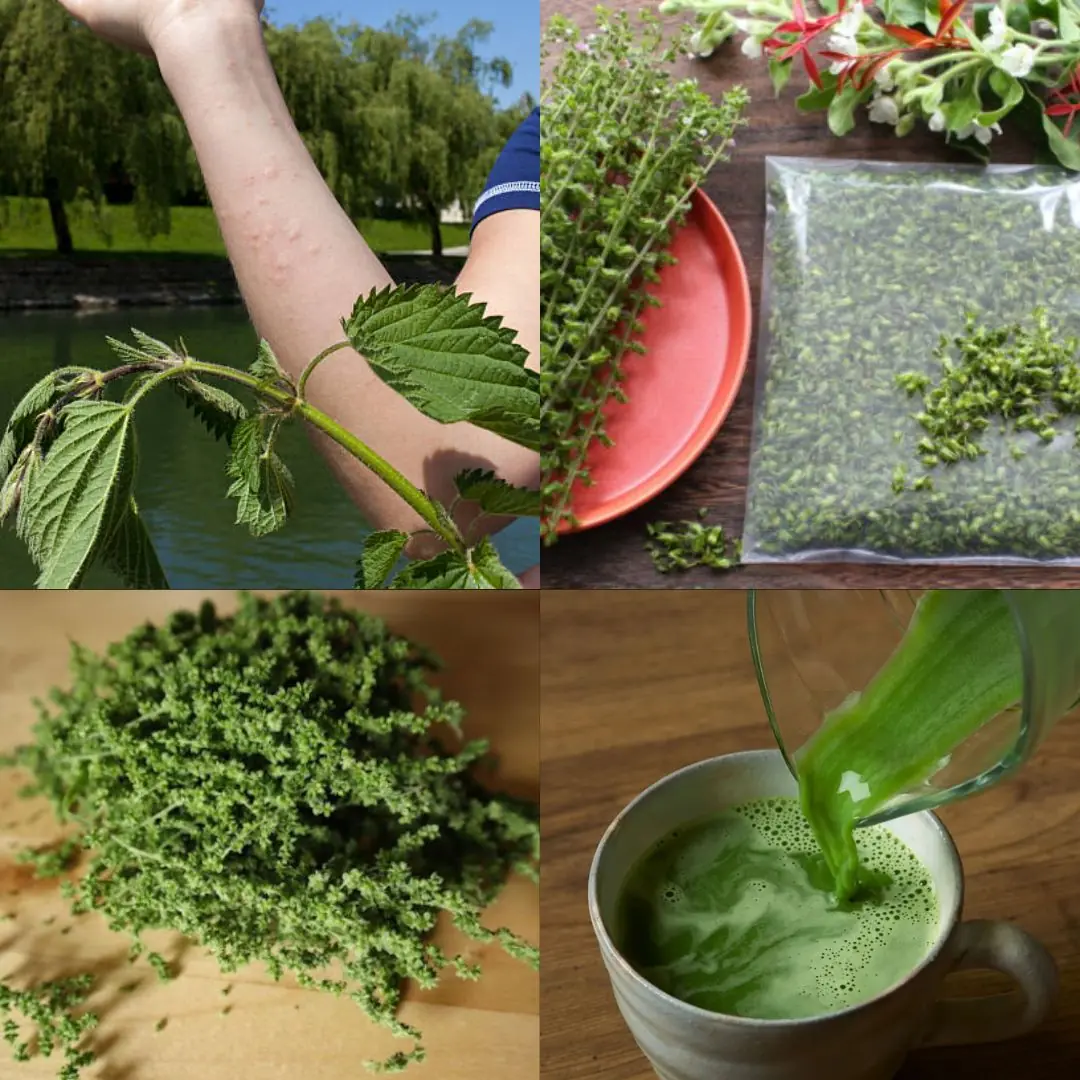
The Power of Urtica dioica: Natural Relief for Joint Pain, Arthritis, and Inflammation
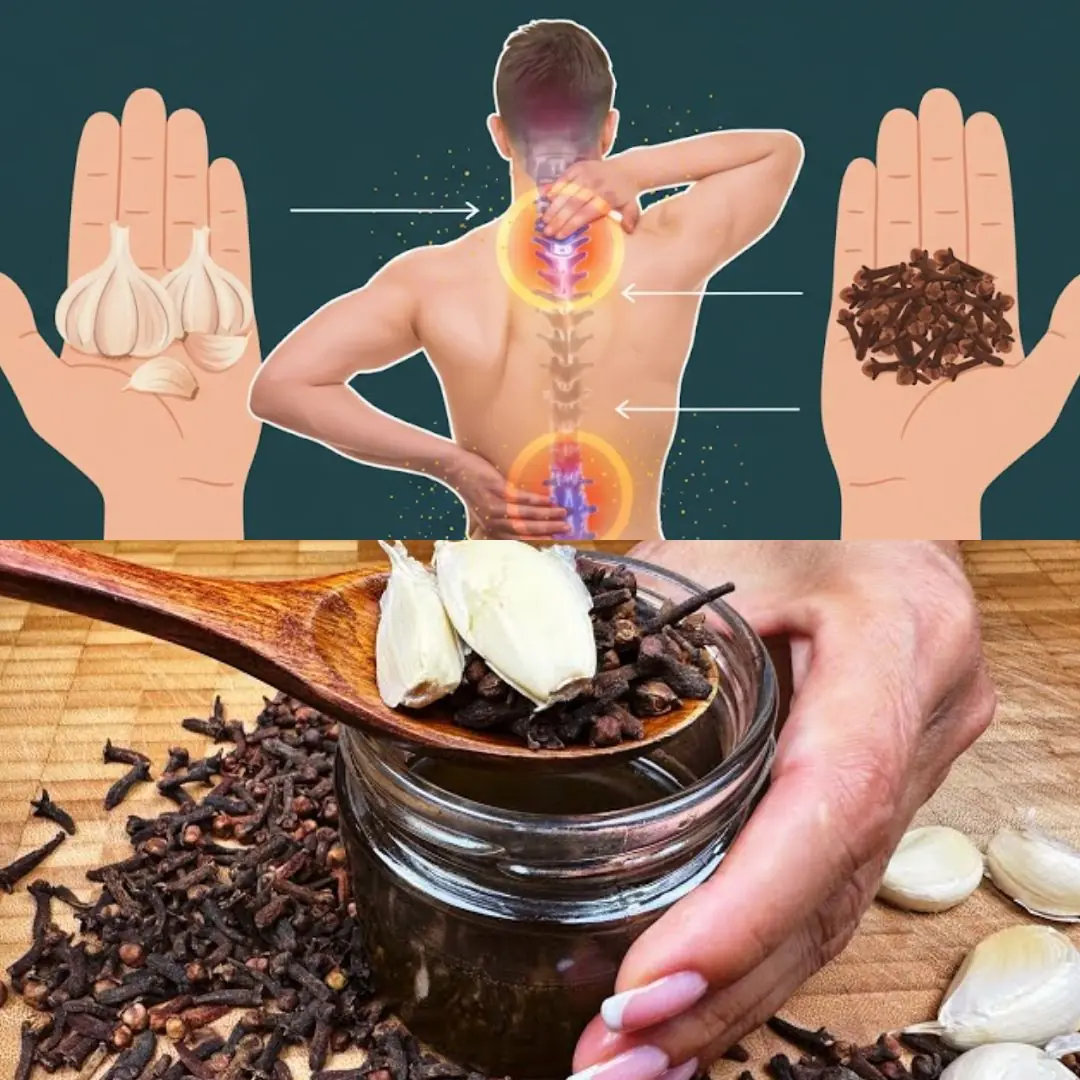
Garlic, Honey, and Cloves – a powerful natural remedy packed with health benefits
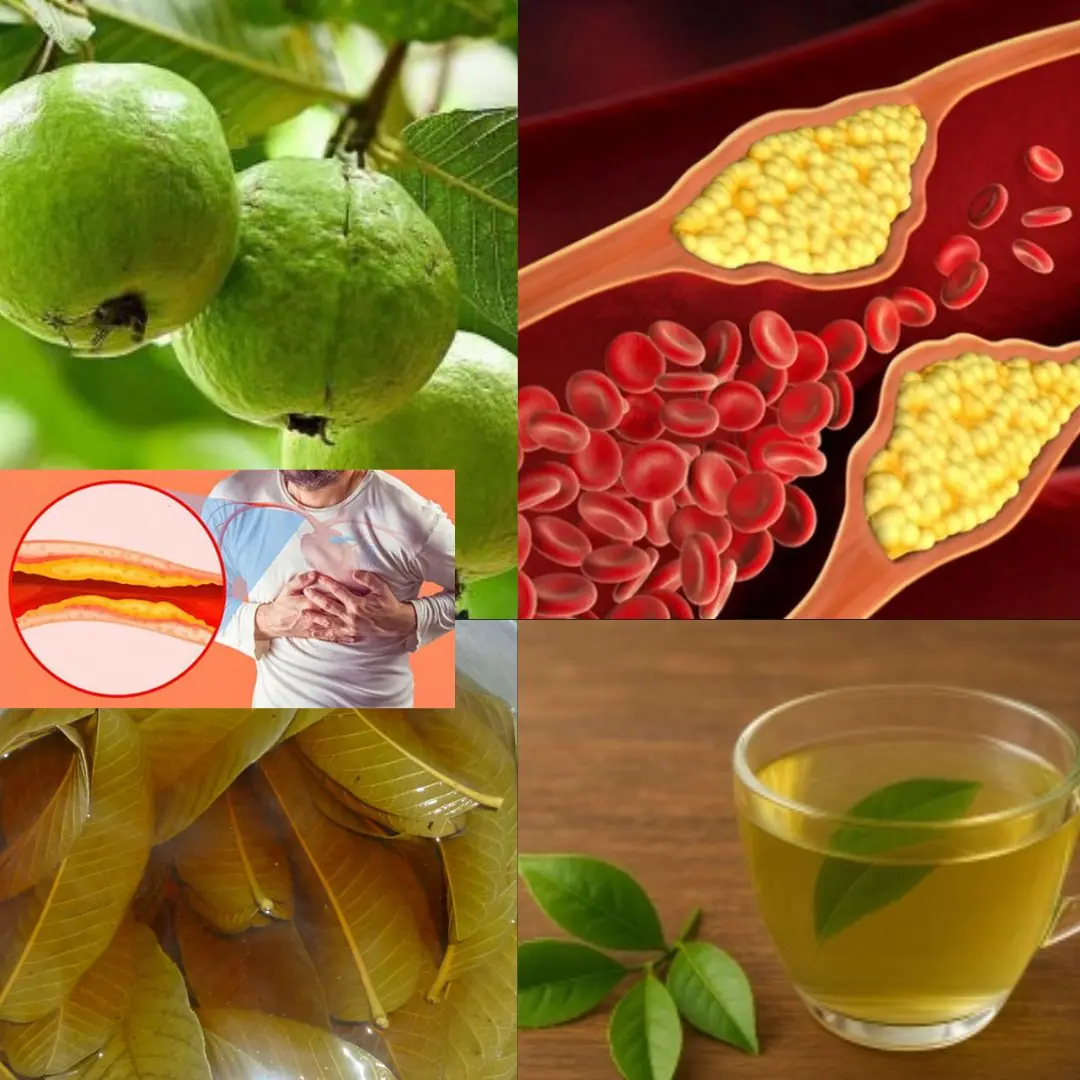
The Best Tea for Mornings and After Dinner: A Powerful Blend for Health
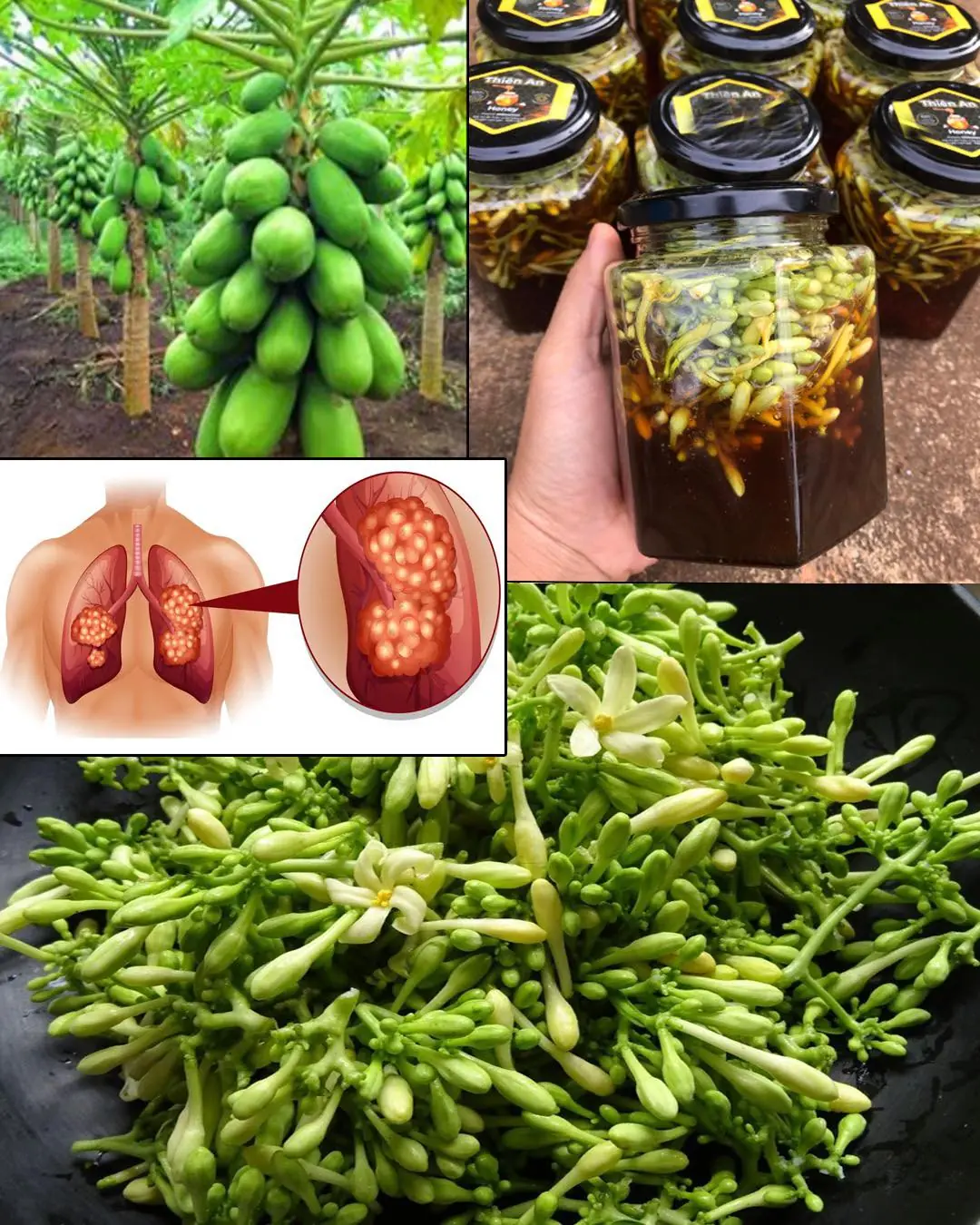
Benefits and Uses of Papaya Flowers Soaked in Honey

Papaya releases a milky sap, but most people don’t realize how important it is
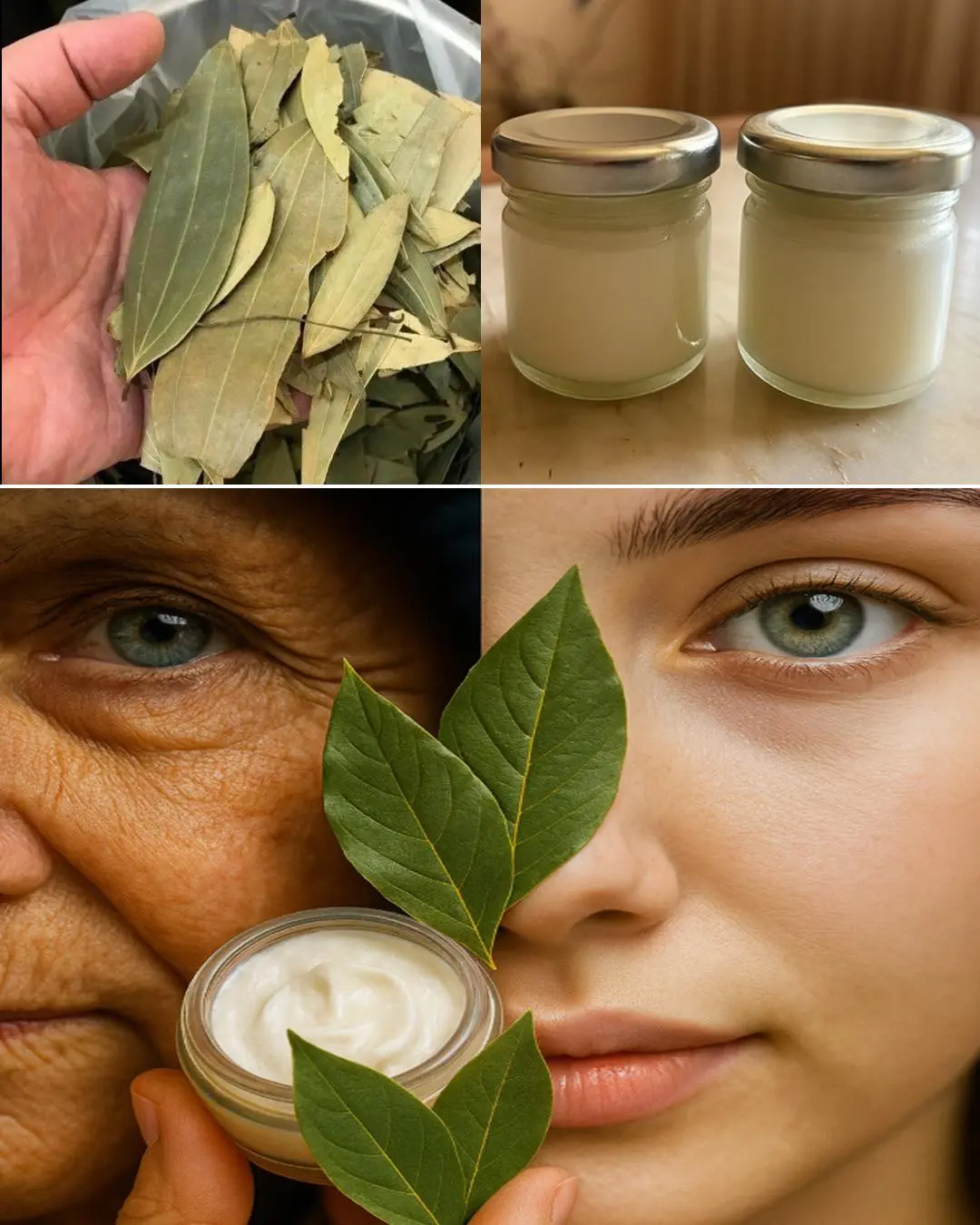
Bay Leaf – Nature’s Secret Against Wrinkles and Fine Lines
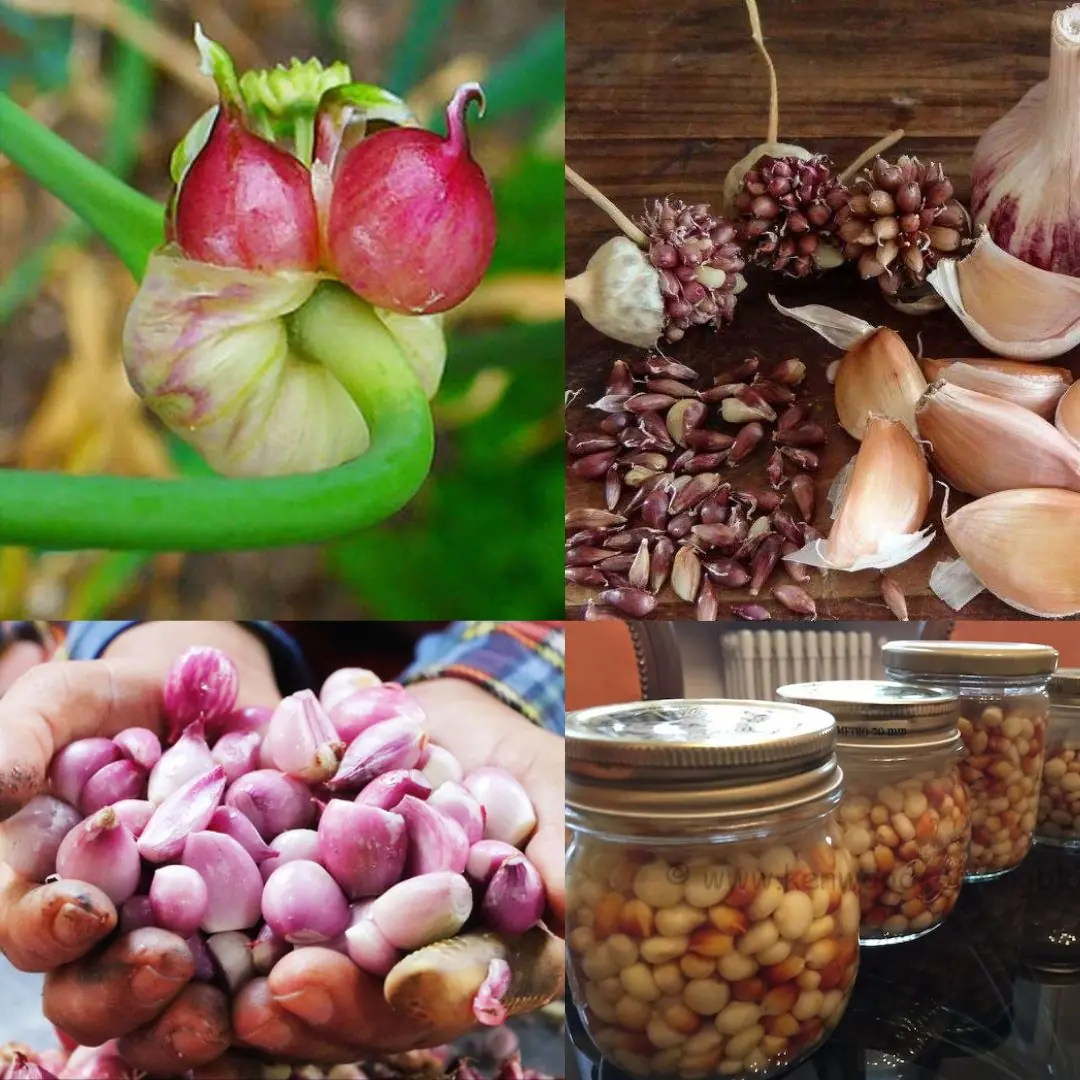
The Hidden Power of Garlic Bulbils: Nature’s Tiny Healing Pearls
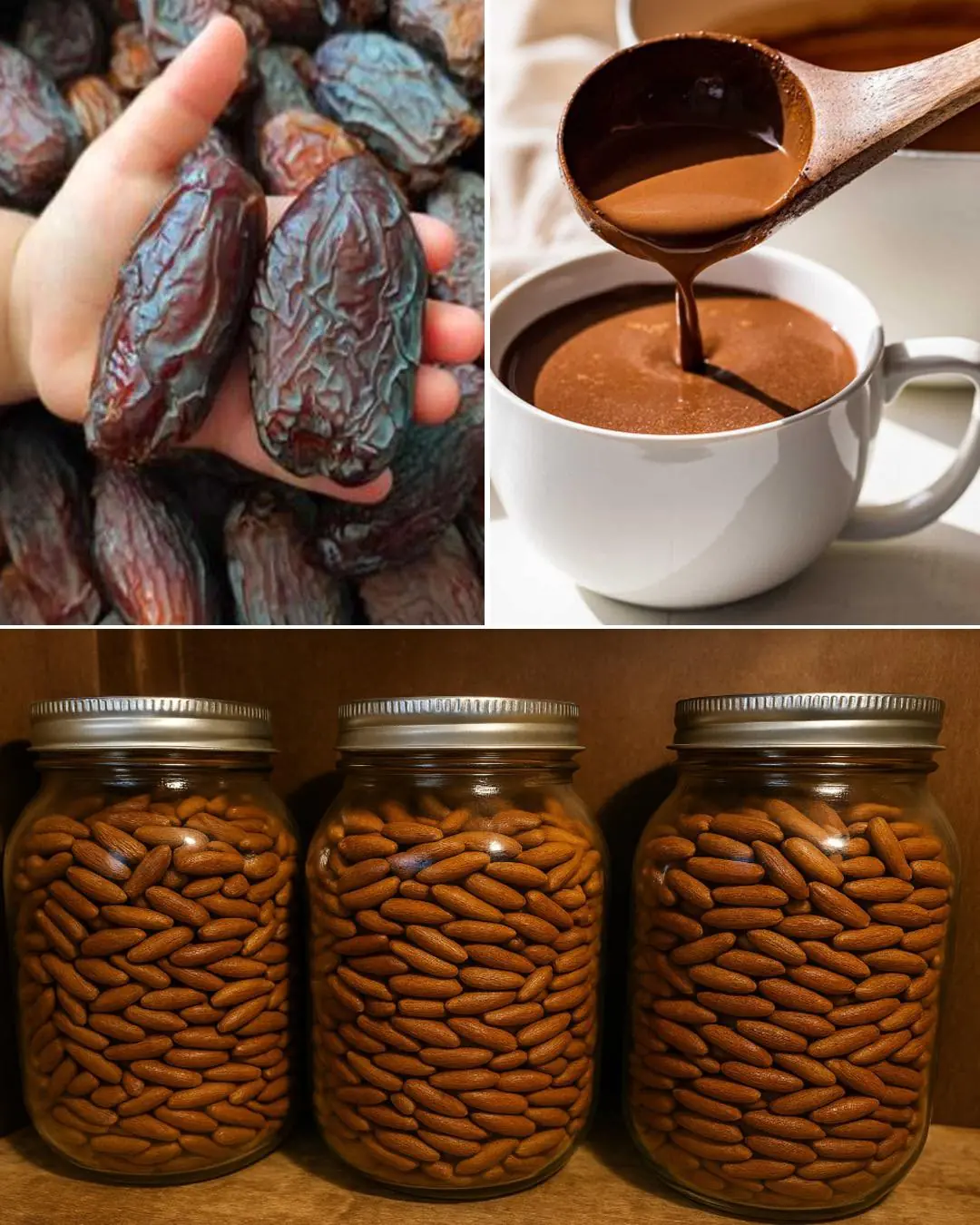
Date Seeds Benefits: The Superfood Ingredient with incredible health benefits
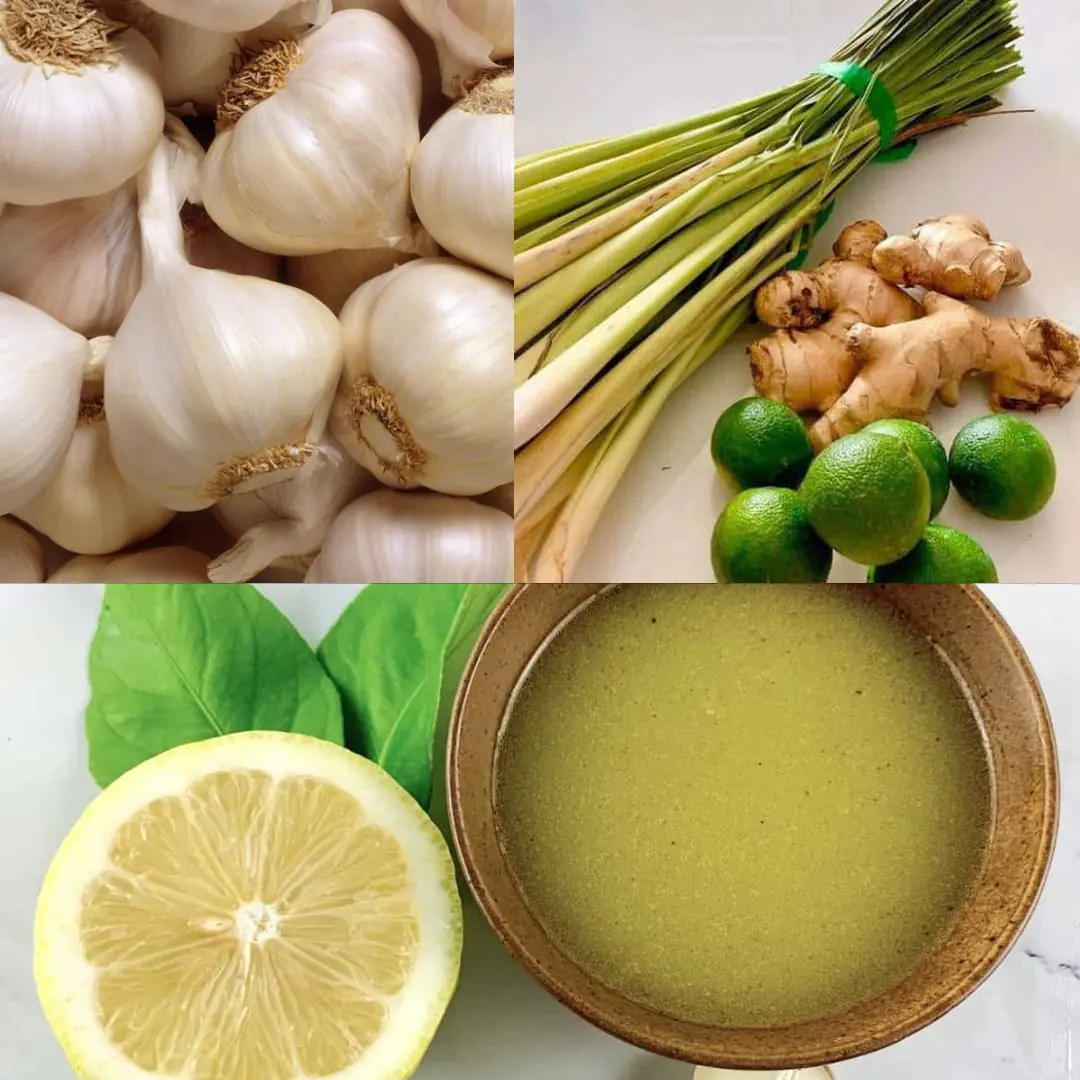
Unlock The Incredible Health Benefits of Garlic, Ginger and Lemon for Men
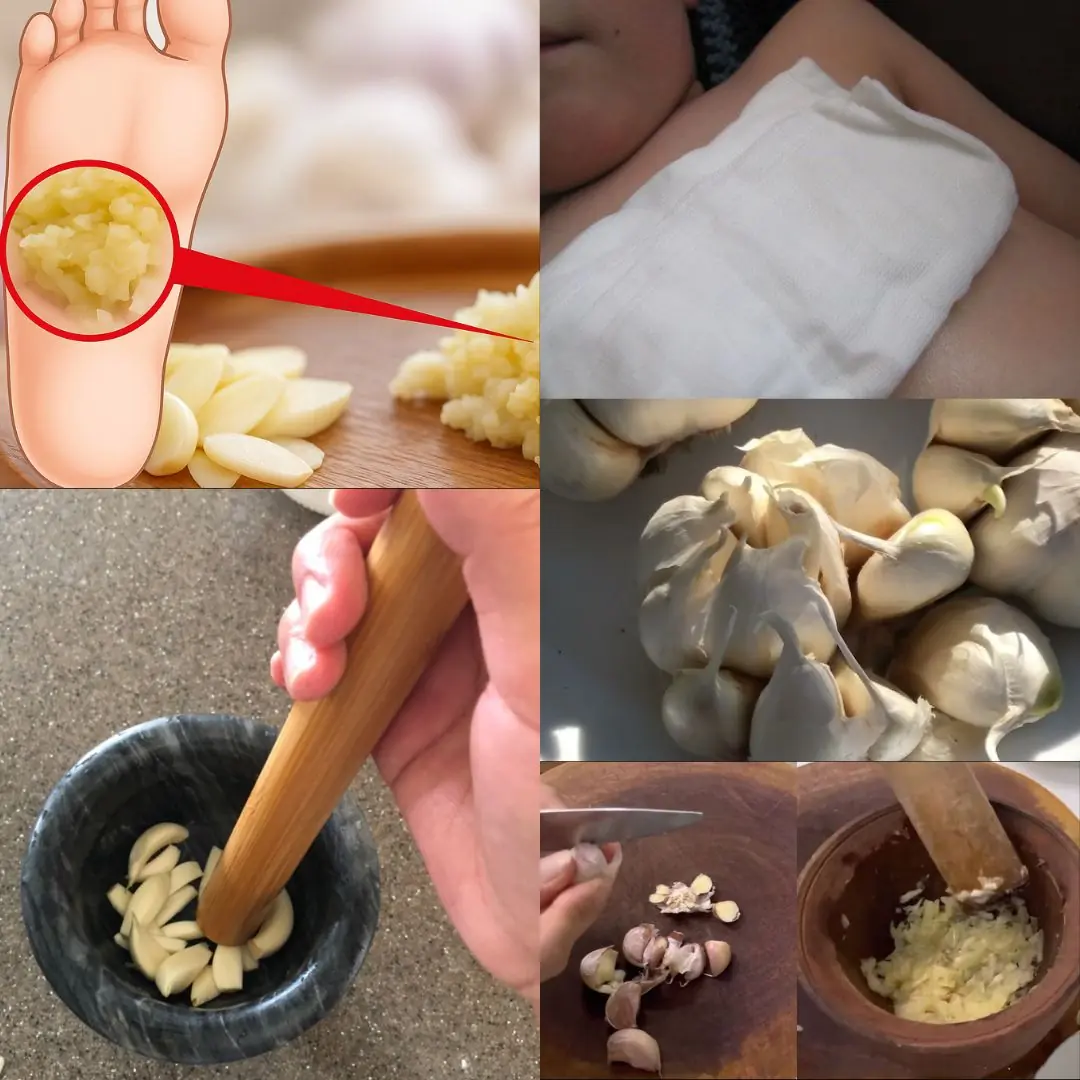
Garlic Poultice: A Powerful Remedy for Both Kids and Adults

Burning Sage: What It Is, How to Do It, and Why It Might Help You

My Grandmother Looks 35 at 67 – Her Secret? Collagen + Aloe Vera Clever Tricks
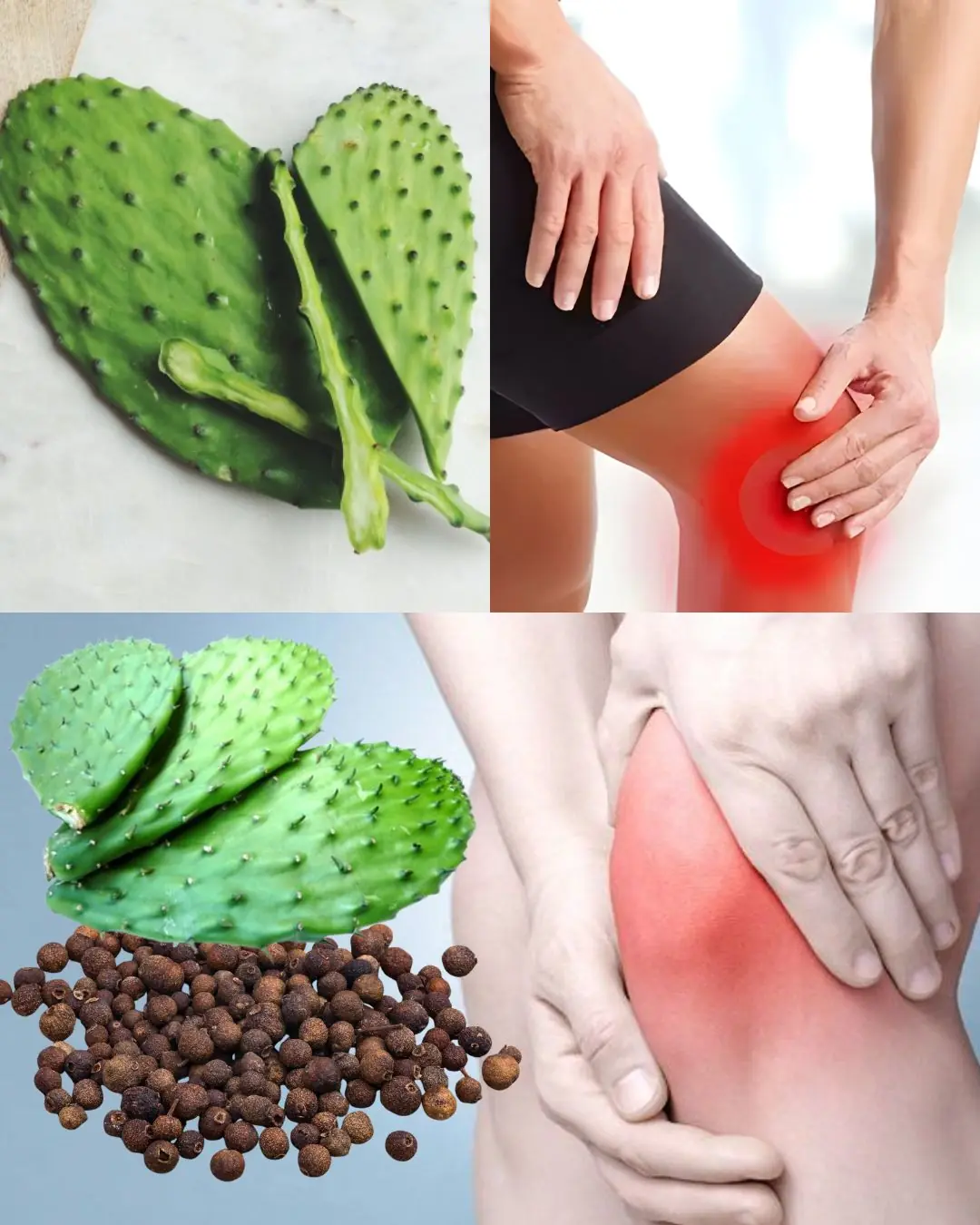
Anti-Inflammatory Power: Relieve Joint Swelling and Bone Pain with Prickly Pear (Nopal) Water 🌿💧
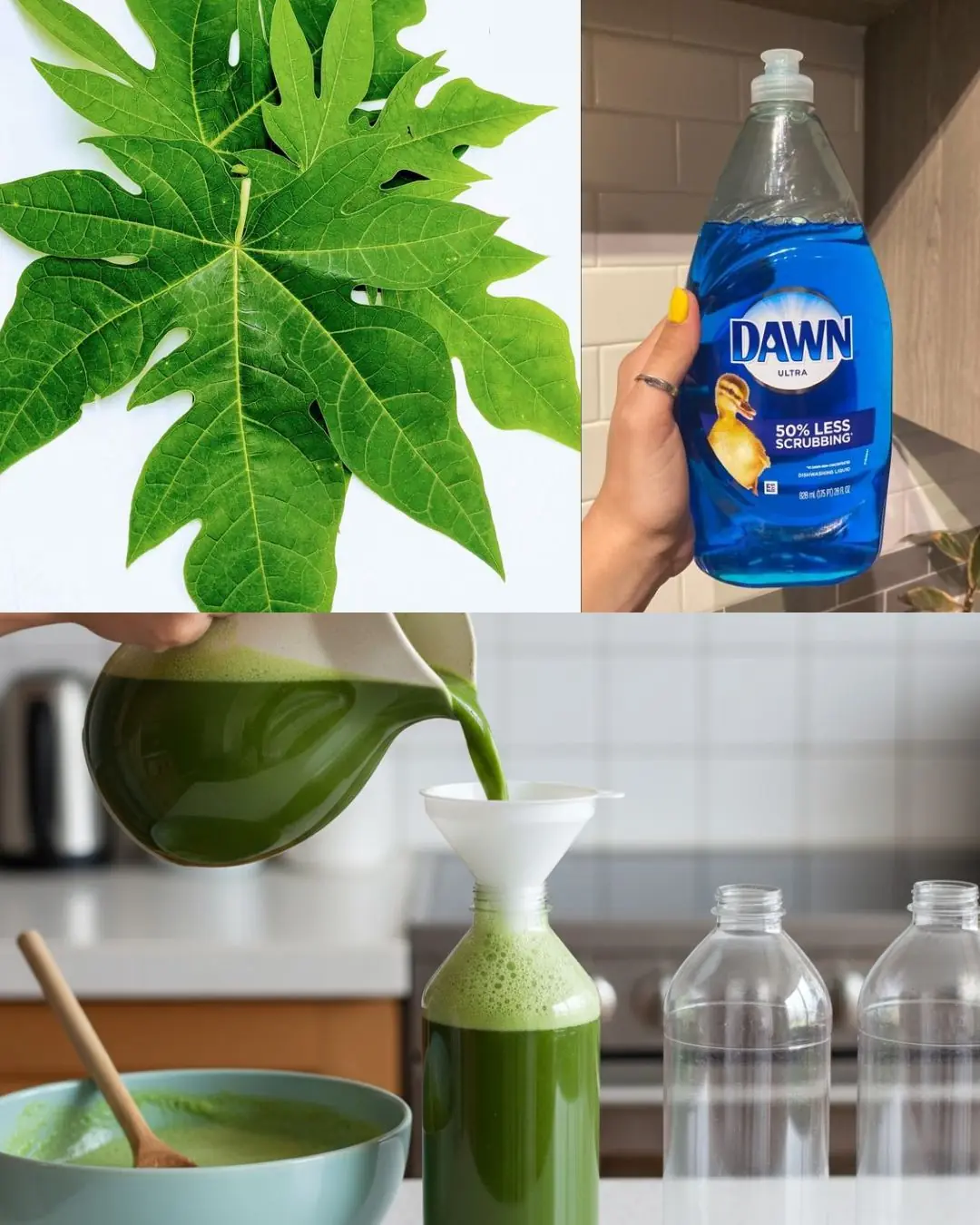
Turn Papaya Leaves Into a Powerful Homemade Detergent
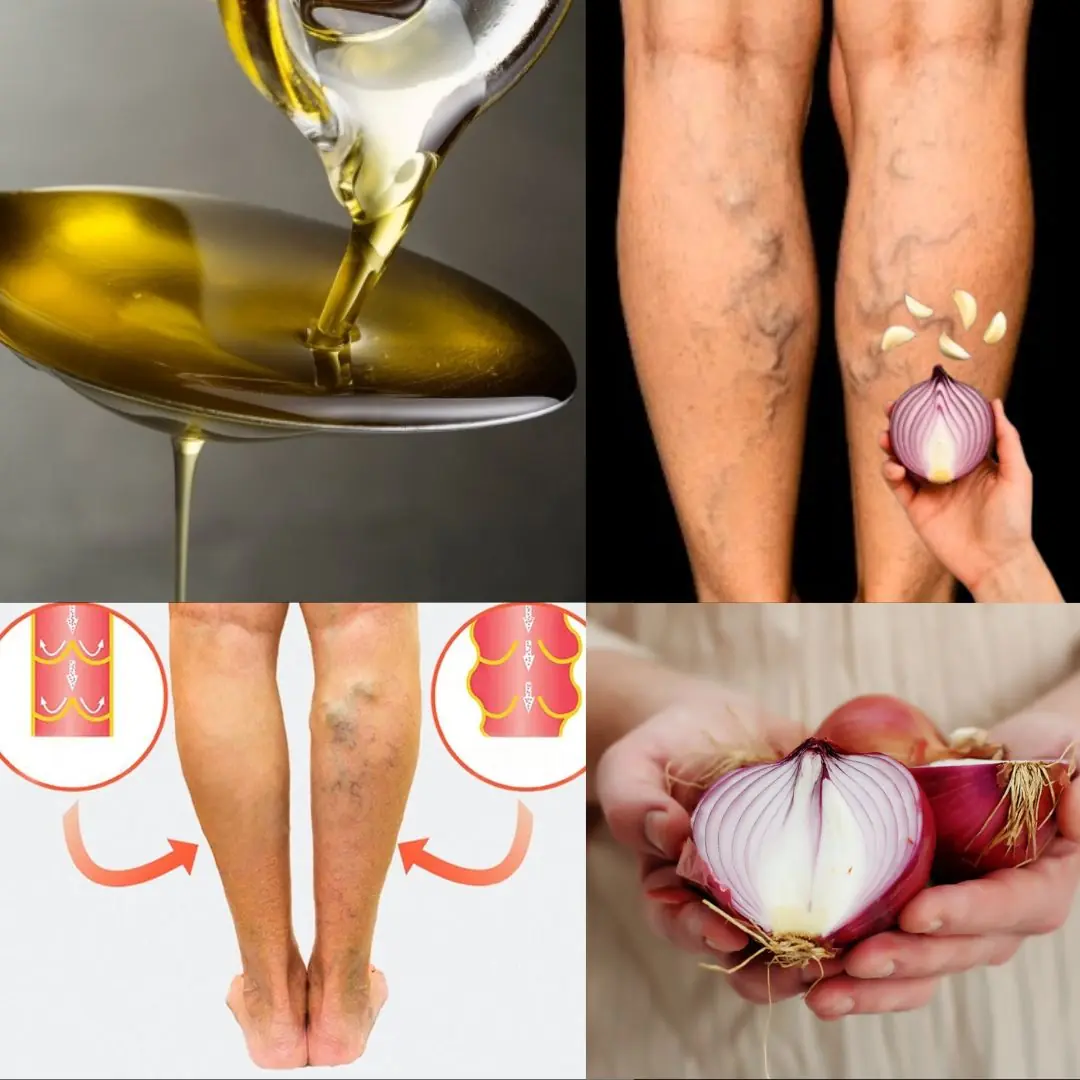
Onion, Garlic, and Olive Oil Remedy for Varicose Veins: Natural Treatment and Benefits
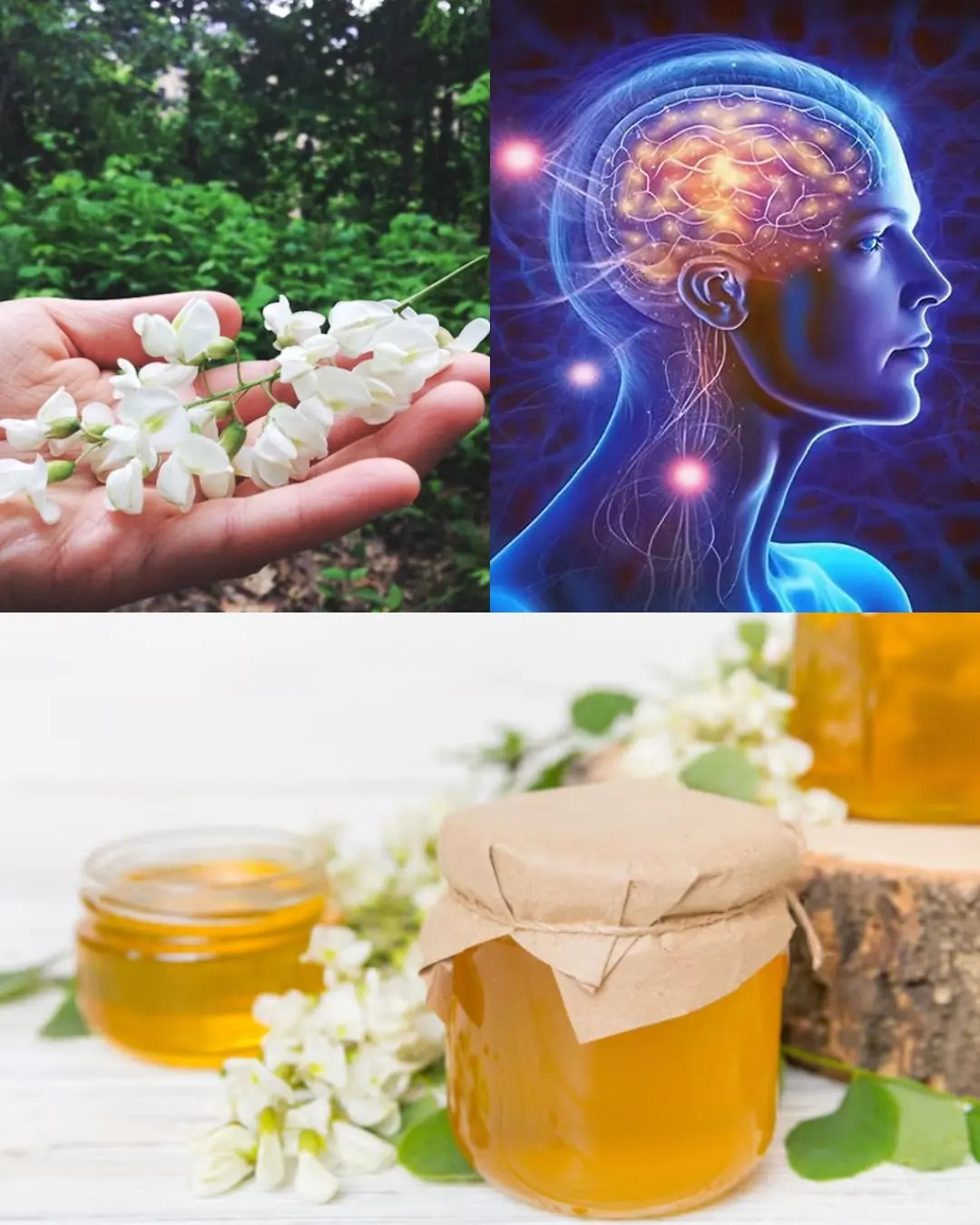
Black Locust (Robinia pseudoacacia): 14 Surprising Benefits and How to Use It at Home
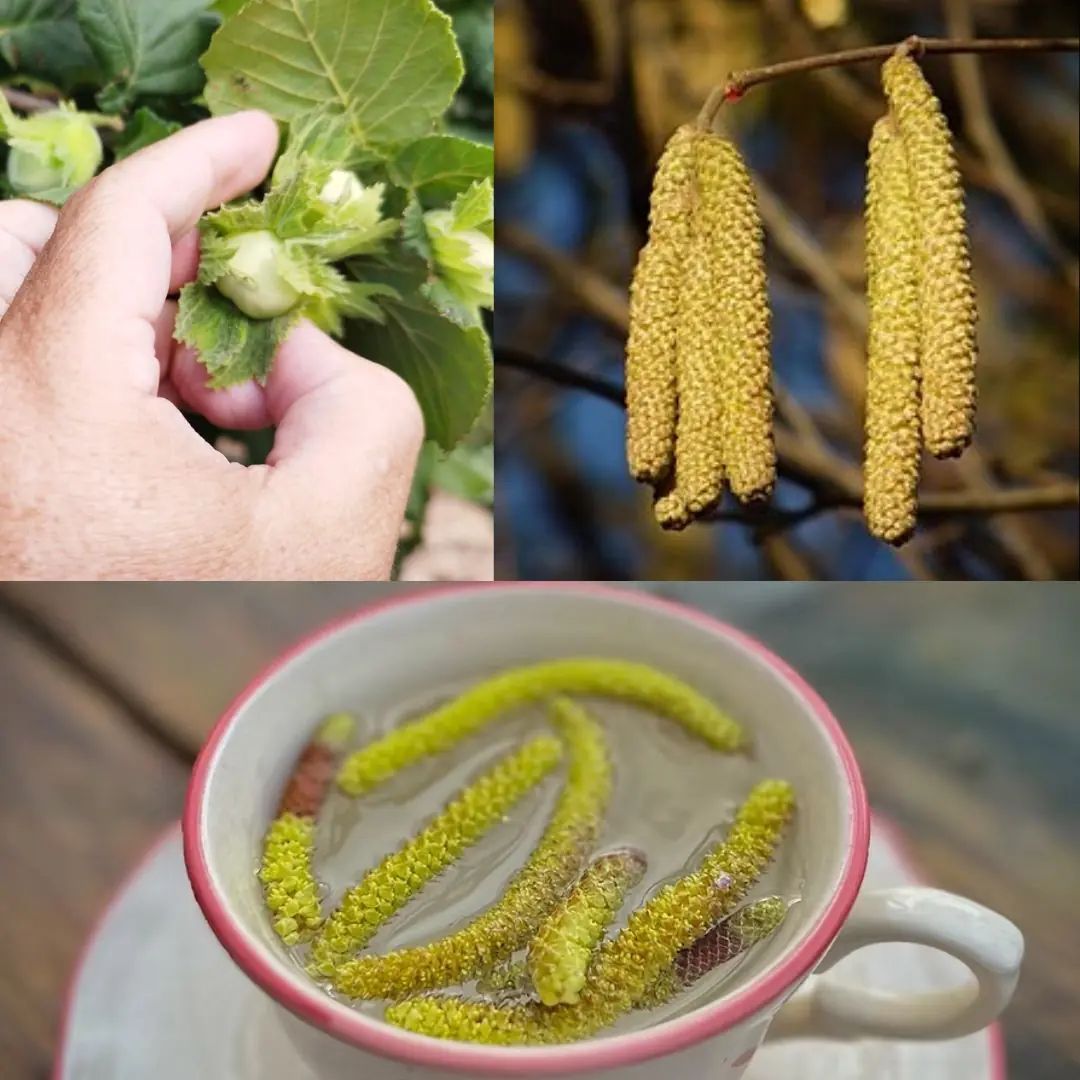
Discover the Hidden Power of Hops for Health and Home Remedies
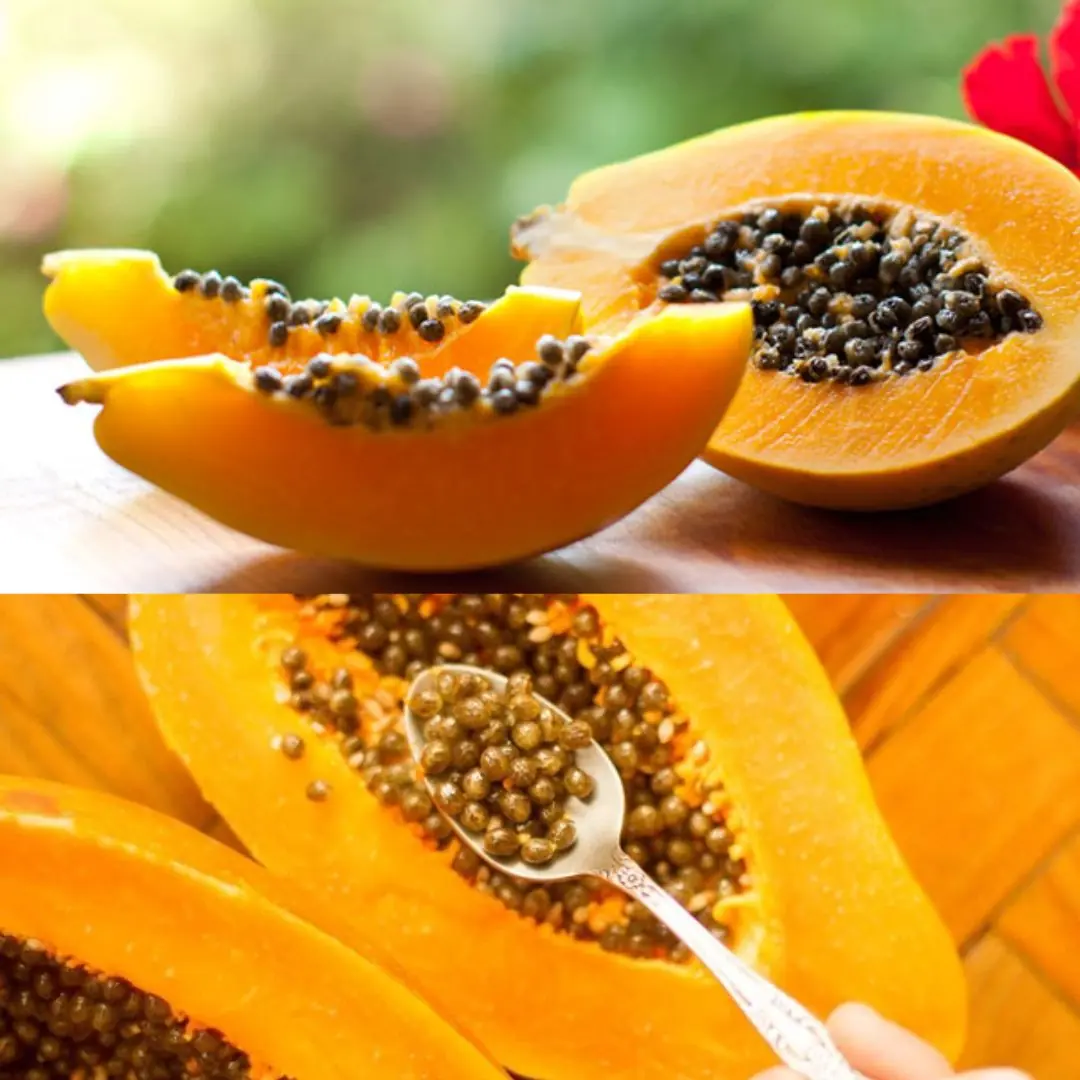
The Powerful Health Benefits of Papaya Seeds: Why You Should Include Them in Your Diet
News Post

The Golden Elephant: When Nature Turned Light Into Living Majesty.

The Hands That Heal: A Tribute to the Quiet Heroes in Scrubs.

Top 10 Signs of Kidney Problems You Absolutely Must Be Aware Of
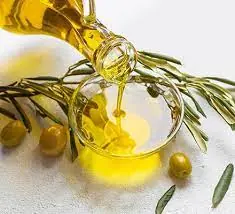
The Olive Oil Fasting Trick That Resets Insulin Resistance — and Triggers Deep Cellular Cleanup

What Really Happens When You Eat Garlic at Night

Apple Extract Found to Kill Colon Cancer Cells More Effectively Than Chemotherapy Drug

What Does Your Sitting Position Reveal About Your Personality

The Uses Of This Small Hole On a Padlock

The Powerful Health Benefits of Papaya Seeds: Why You Should Include Them in Your Diet

Scientists reveal that consumption of TOMATO causes

10 Red Flags Your Body Is Begging You to Quit Caffeine

Father Gifts Daughter A House For Her 13th Birthday

DC Woman Wins Landmark Case After Suing Neighbor Over Overpowering Weed Smell

Bill Gates–Backed Beyond Meat Faces Collapse After Massive Stock Drop

Here’s the court order! And now get up and get out of my apartment,” she addressed her husband, mother-in-law, and sister-in-law.

The guy was amazed as to why his beloved was so interested in the well in the yard. He even decided to follow her.

Nastya had already approached the café when she heard familiar voices:

Having set out to clean before the April holidays, Olga found a strange letter in her husband’s office, and upon reading it, she couldn’t hold back her tears.

